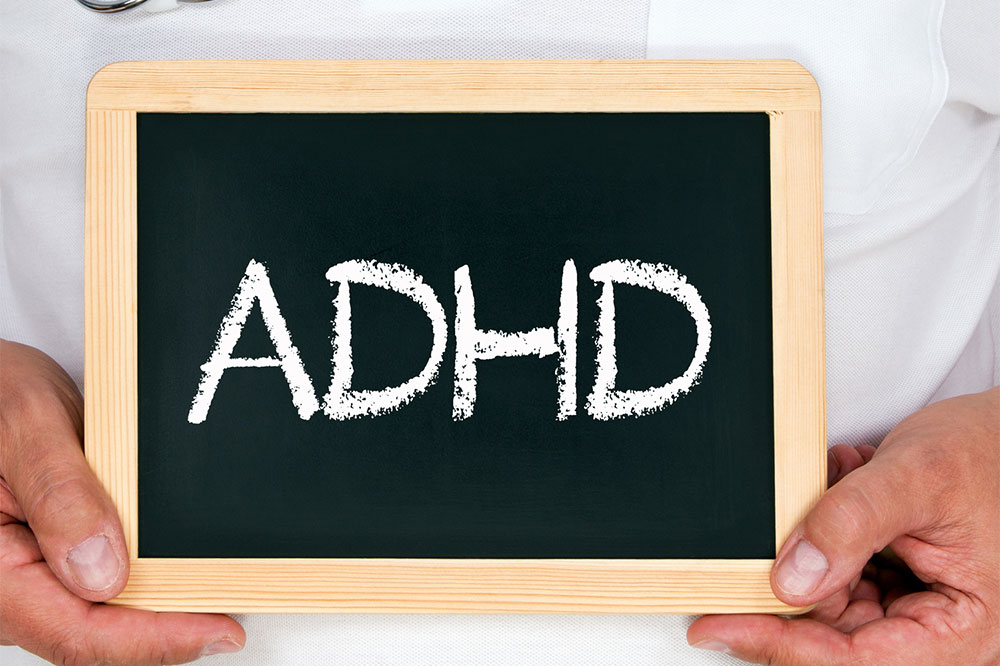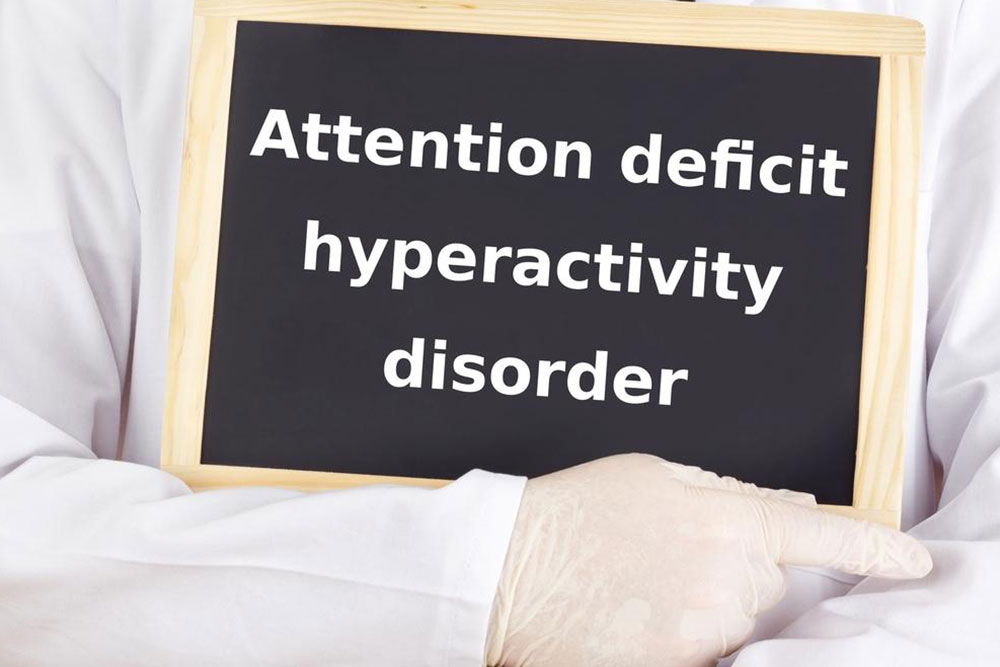Understanding ADHD: Signs, Causes, and Management
ADHD is a common neurodevelopmental disorder characterized by hyperactivity, inattention, and impulsivity. Symptoms can start early and persist into adulthood if untreated. Understanding the signs, causes, and management options is crucial for improving quality of life. Early diagnosis through recognizing symptoms and seeking professional help can lead to effective treatment plans, including medication and lifestyle changes, helping individuals manage challenges and thrive.

Recognizing ADHD: Key Symptoms and Origins
Attention-Deficit Hyperactivity Disorder (ADHD) mainly affects children, but its effects can persist into adulthood. It is characterized by hyperactivity, difficulty concentrating, impulsive behaviors like temper outbursts, and inattention. While there is no cure, early diagnosis and treatment can significantly improve quality of life. Learn about common signs, underlying causes, and how to manage this condition effectively.
Core Symptoms of ADHD
The primary features are impulsiveness, inattentiveness, and hyperactivity. These signs often appear before age 12 and may differ between boys and girls. Boys typically exhibit hyperactivity, while girls often show inattentiveness. Children may display a mixture of these behaviors.
Inattention symptoms persisting for at least six months include careless mistakes, difficulty staying focused during play or tasks, not listening, difficulty following instructions, poor organization, losing items, and being easily distracted.
Symptoms of hyperactivity and impulsiveness, lasting six months or more, include constant fidgeting, being restlessly active, inappropriate running or moving, noisy behaviors, and interrupting others.
Factors Contributing to ADHD
Brain Structure: Reduced activity in certain brain regions involved in attention and regulation may lead to ADHD.
Genetics: A family history of ADHD increases the likelihood of the condition in children.
Premature Birth: Babies born prematurely have a higher risk of developing ADHD.
Environmental Factors: Exposure to specific toxins during early development, though rare, can play a role.
If untreated, children may develop behavioral challenges and other issues during adolescence. Adults with unmanaged ADHD may struggle with organization, focus, and task completion. Early intervention, including medication and dietary adjustments, can help manage symptoms effectively and enhance daily functioning.
Important Notice:
This article is for informational use only and should not replace professional medical advice. Always consult qualified healthcare providers for diagnosis and treatment recommendations.










